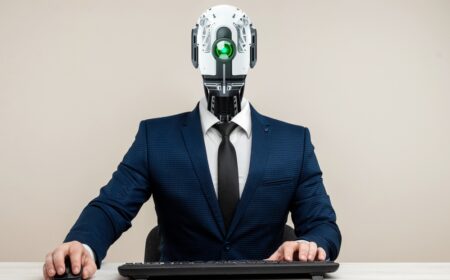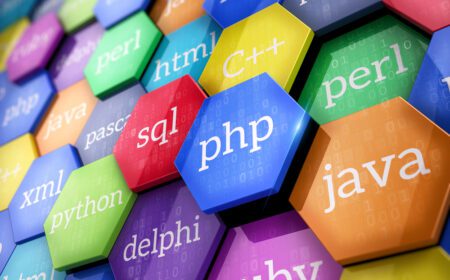Involvement with artificial intelligence in the workplace can trigger loneliness
Experimental findings underscore the disruptive effect of working with AI on social connections

The American Psychological Association conducted a study to examine the impact of interactions with artificial intelligence on the psychological well-being of employees.
Researchers conducted a thorough analysis of the behaviour of engineers hailing from the USA, Taiwan, Indonesia, and Malaysia, involving between 100 to 200 participants in each country. Following their interactions with AI, participants, as well as their loved ones and colleagues, underwent assessments to gauge levels of loneliness, anxiety, and their sense of involvement in meaningful activities.
The findings revealed a common trend across all four countries: employees who frequently collaborate with AI tend to experience heightened feelings of loneliness and insomnia, often coupled with increased alcohol consumption. Paradoxically, these individuals also exhibited a higher likelihood of assisting colleagues in solving their problems, a pattern contributing to their accelerated burnout.
The study authors point out that the rapid advancement of artificial intelligence systems has ushered in a new era of industrial transformation in the workplace, carrying both advantages and perils. Recognising humans as inherently social beings, they emphasise that working in isolation alongside AI can yield adverse consequences for employees’ personal lives.








